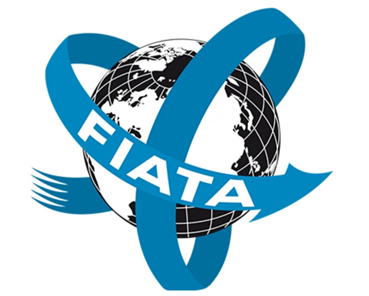
The Federation of International air transport association has called for
strengthening international dialogue and monitoring between governments and
Industry decision markers to ensure Maritime supply chain fluidity and
connectivity in the wake of unilateral imposition of surcharges by shipping
lines operating on and outside of the Red Sea and Suez Canal for protection of
consumers and economies worldwide.
The Red Sea, one of the busiest waterways in the world
linking Europe and Asia, has become a focal point of concern in the context of
persistent attacks against commercial shipping. Approximately 18 shipping lines have either stopped or
rerouted traffic on the waterway due to ongoing attacks, with increased transit
times of around 12 days due to rerouting via the Cape of Good Hope.
Amid sharp increases in freight rates, concerns are being raised on the
extent of surcharges levied on both affected and unaffected routes. Careful
management will be required to mitigate impacts on international trade. In its
recent communication and position paper, FIATA calls for governments and all supply
chain stakeholders to strengthen international dialogue and collaboration to
facilitate a coordinated approach to finding and implementing united solutions
for a resilient maritime supply chain.
Drawing lessons from the recent maritime crisis, and at a time of
significant inflationary pressure, FIATA has urged shipping lines at large to
exercise particular care in the imposition of surcharges, and to communicate
additional surcharges in a transparent and clear manner.
FIATA has also raised concerns about the lack of information on the
content of these surcharges, noting the alarming ‘all in’ invoicing with no
itemisation of the various components for shipments. The impact on ports and
global supply chain connectivity is concerning, noting that some ports could be
severely disadvantaged…
FIATA joins the International Maritime Organization (IMO) in supporting the United Nations Security Council’s Resolution 2722 (2024) which affirms the need to respect the exercise of navigational rights and freedom by merchant vessels, in accordance with international law, and supports the IMO’s continued work to enhance the safe and secure transit of vessels through the Red Sea and to closely monitor the situation in collaboration with Member States and industry partners, it emphasised in a communique.